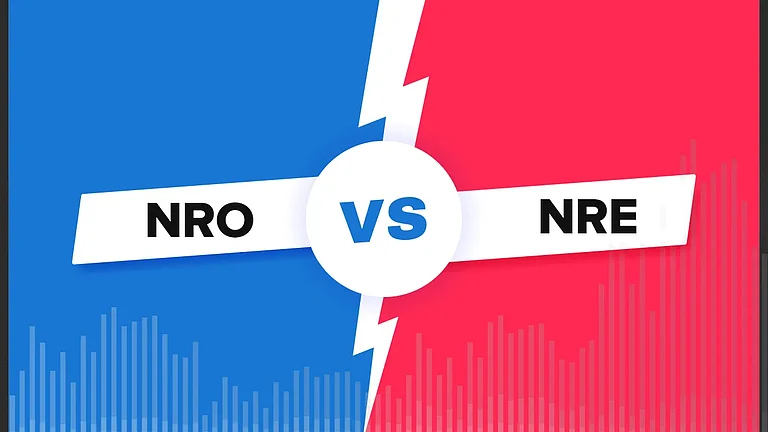When a non-resident Indian (NRI) returns to India, there is a change in his/her residency status and he/she ceases to be an NRI and becomes a resident.
This requires certain changes in the financial accounts maintained by the NRI. The most impacted account is the foreign currency non-resident (FCNR) deposit. Upon becoming a resident, the FCNR (B) deposit held in India would be reclassified as a resident account. This change of status also attracts certain regulations in repatriation of funds and remittance limits.
FCNR (B) is a special kind of foreign currency deposit account for NRIs or Indians, through which NRIs can maintain foreign currency in India. Once an accountholder ceases to be an NRI under the Foreign Exchange Management Act, 1999 (FEMA) and becomes a resident, then such an account would no longer qualify to be treated as an FCNR deposit and must be changed to a resident foreign currency (RFC) account. The moment the NRI’s residential status changes, this procedure must be communicated to the bank.
Repatriation Rules And LRS Scheme
The crucial point here is that any remittance done from the newly classified account, after an NRI has become a resident, would fall under the Liberalized Remittance Scheme (LRS) of the Reserve Bank of
India. LRS allows an annual remittance of up to $250,000. This simply means that if an NRI who has now become a resident wants to remit money abroad from the newly-acquired resident account, then they have to strictly adhere to the LRS limits.
However, the case changes when the money is held in the RFC account. The RFC account allows the person to retain his/her foreign currency without converting it into Indian rupees. While the person is still resident, remittances made from this account are no longer restricted by LRS, and so that funds can be freely remitted out of the country without the annual limit of $250,000. This makes the RFC account an attractive option for returning NRIs who wish to transfer funds to their home countries.
Tax Implications And Premature Withdrawal Penalties
Interest earned on FCNR (B) deposits is exempt from income tax under Section 10(15) of the Income- tax Act, 1961. This tax exemption will continue to be applicable for interest earned in the RFC account, only if the residential status of such a person continues to be that of a non-resident or not ordinarily resident under the Income-tax Act, 1961. Important to note here is also the penalty for premature withdrawal of the FCNR deposit before making changes.
Returning NRIs should immediately communicate with their bank to update their status so there are no complications in terms of account conversion and compliance issues related to remittances or tax exemption.










